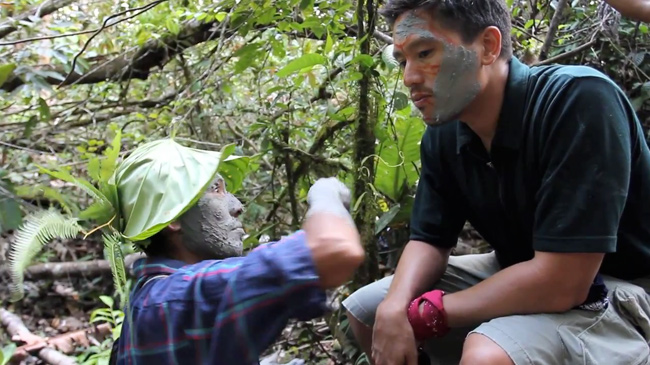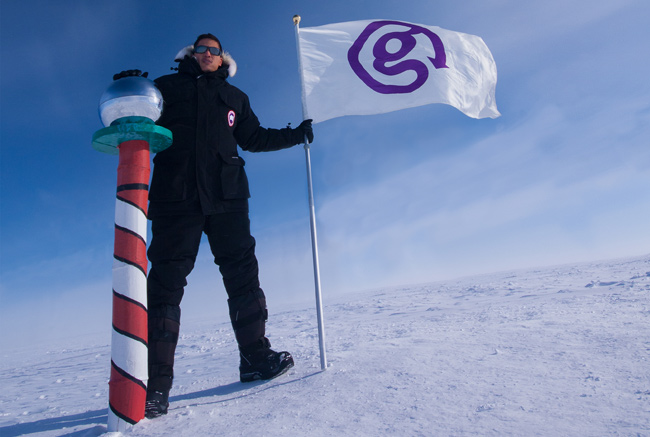
Bruce Poon Tip — founder, G Adventures
Tourism is one of the largest industries on earth, worth $7 trillion and supporting more than 266 million jobs worldwide. Tourism is also the fundamental lifeline and vital to the livelihood of countless countries. On the eve of UN World Tourism Day (Saturday, September 27), Bruce Poon Tip, founder, G Adventures and author of Looptail talks about the importance of sustainable tourism and the seemingly small but effective travel practices that can help vacationers ‘travel right’.
1. Sustainable tourism is a term that gets bandied about, and it causes confusion in the marketplace. What does sustainable tourism mean to G Adventures?
Poon Tip: I can see why it’s confusing to travellers. Many companies are quick to brand themselves as ‘green’ or ‘ethical’ without explaining what the term means. It’s important to be transparent.
For G Adventures, sustainable tourism is about ensuring the money generated through tourism stays in the local economy and that we are making an impact on communities around the world, by helping to provide sustainable business solutions in partnering with local community business leaders with our foundation, Planeterra.
We can ensure that these businesses are successful because we take our trips through the projects on many of our tours. We’re a social enterprise because of this approach and I hope that we can continue to grow businesses around the world that are benefitting from tourism through Planeterra.
2. G Adventures has been at the forefront of sustainable tourism, and has been practicing what it preaches long before sustainable tourism become ‘the thing to do’. What inspired you to pursue this kind of travel when you were starting your company?
Poon Tip: Since the start, it’s always been about being responsible and creating tours that didn’t just exploit the communities and the resources of the countries where we ran our trips. It’s always been about partnering and collaborating with local communities and businesses to benefit everyone through travel. In my book Looptail (www.looptail.com) I write extensively about how I developed our first partnership with Delfin who lives in the Ecuadorian Amazon jungle. It’s a partnership that continues to this day.

Bruce receiving a Amazon cleanse.

